Birth control is wonderful. Not only does it allow you to better plan for your family, it has a variety of other health benefits as well.
It can help with iron deficiencies, clear up acne, and even prevent endometrial and ovarian cancers.
I started on the pill when I was 15, and I've never looked back.
I started taking it because I was experiencing abnormally intense cramping. It was so bad that I had to miss school on the first few days of my cycle every month. After I began taking oral birth control, though, that went away.
I have some friends, though, who have had nightmarish experiences with hormonal birth control. On the flip side, some people have equally negative experiences when they try to stop using it.
As it turns out, there are a considerable number of negative side effects from using birth control — and from stopping birth control. Hair loss is at the top of the list,
It doesn't happen to everyone, but it's important to know what to watch for so that you and your doctor can find the best option for you.
Thumbnail Credit: Wikimedia Commons
Hair Growth
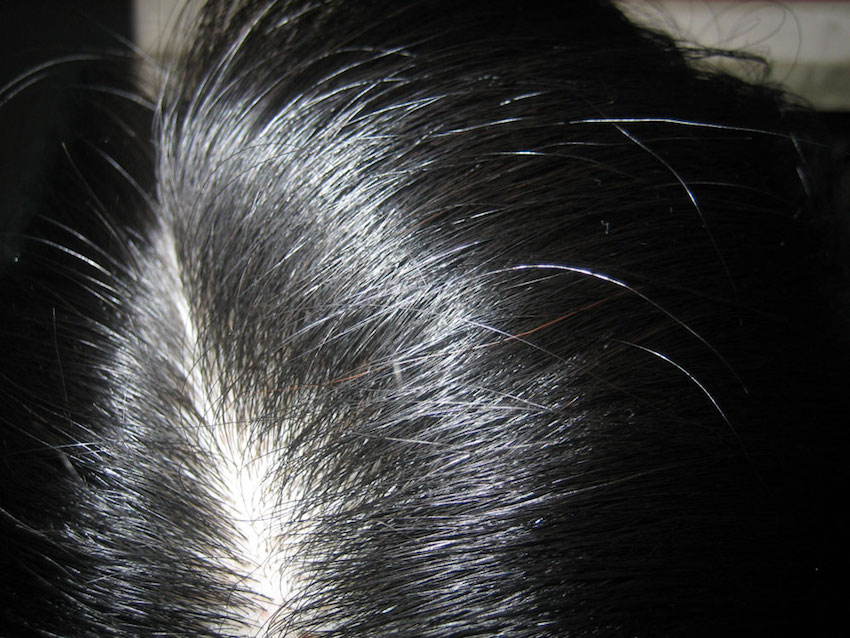
According to WebMD, hair growth occurs in three stages. The first stage, anagen, is when the hair grows.
The second, catagen, is when hair transitions and the follicle gets smaller. The last stage, telogen, occurs when the hair is at rest.
Telogen is the shortest stage of the growth cycle; the hair spends the most time growing.
Hair Loss In Women
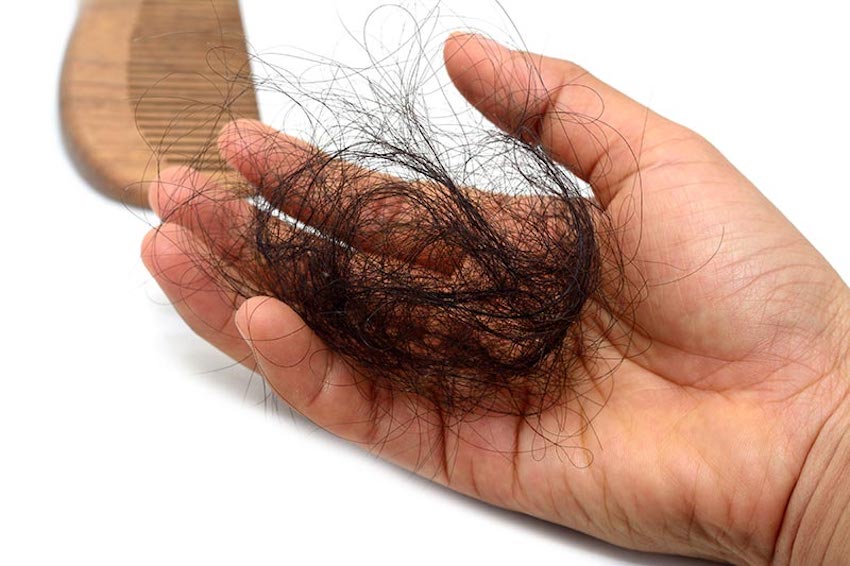
There are many reasons for your hair to start falling out.
Stress, aging, and genetic predisposition are just a few.
Hair loss in young, healthy women, though, is generally associated with the disruption of the hair growth cycle.
Disruption can occur when taking new medications or from putting stress on the hair itself (dying, flat ironing, etc).

With so many other factors weighing in to potential hair loss in women, it can be difficult to identify birth control as the cause.
According to the American Hair Loss Association, women who have a genetic predisposition to hormonal hair loss are at a much higher risk of losing their hair from using or stopping birth control.
The hair loss can occur both while taking the pill and roughly three months after you stop taking it.
Hormonal Hair Loss In Women: Oral Contraceptives
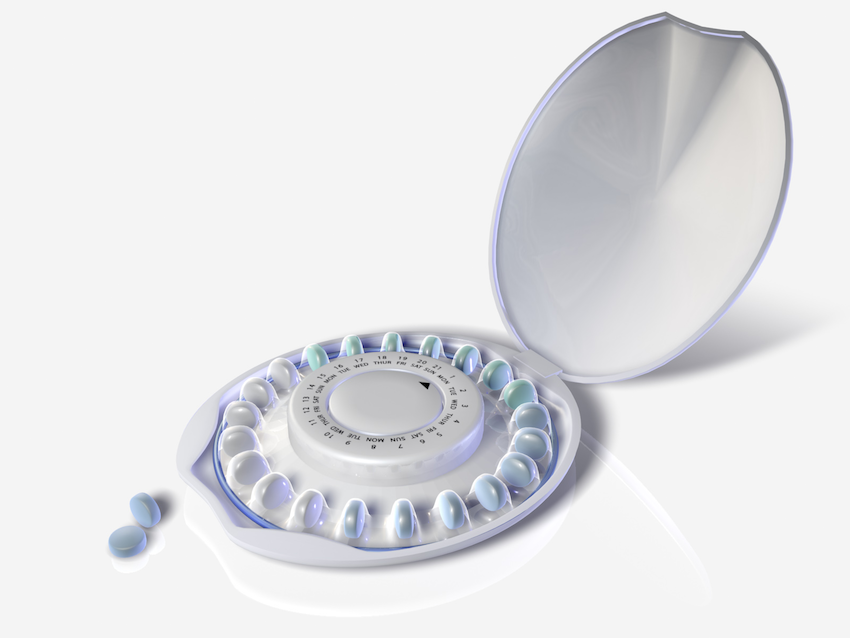
According to the American Hair Loss Association, hair loss seems to occur more often in oral contraceptives than other forms of birth control, but it occurs in any form of birth control with a high androgen index.
These contraceptives emit more hormones, which leads to hair loss in people with a genetic predisposition for hormonal hair loss.
On the other hand, birth control with a lot of estrogen might improve hair growth, but when you stop taking it, your body may shed massive quantities of hair all at once.
Lower Androgen Index Alternatives: Injections

Birth control injections are shots that are administered every two or three months that contain the hormone progestin, which prevents ovulation.
While the shot does have the lowest levels of hormones, there are some downsides to getting it as well: the shot only works if you remember to get it on time, and it can leave a permanent indention in the skin.
The Patch
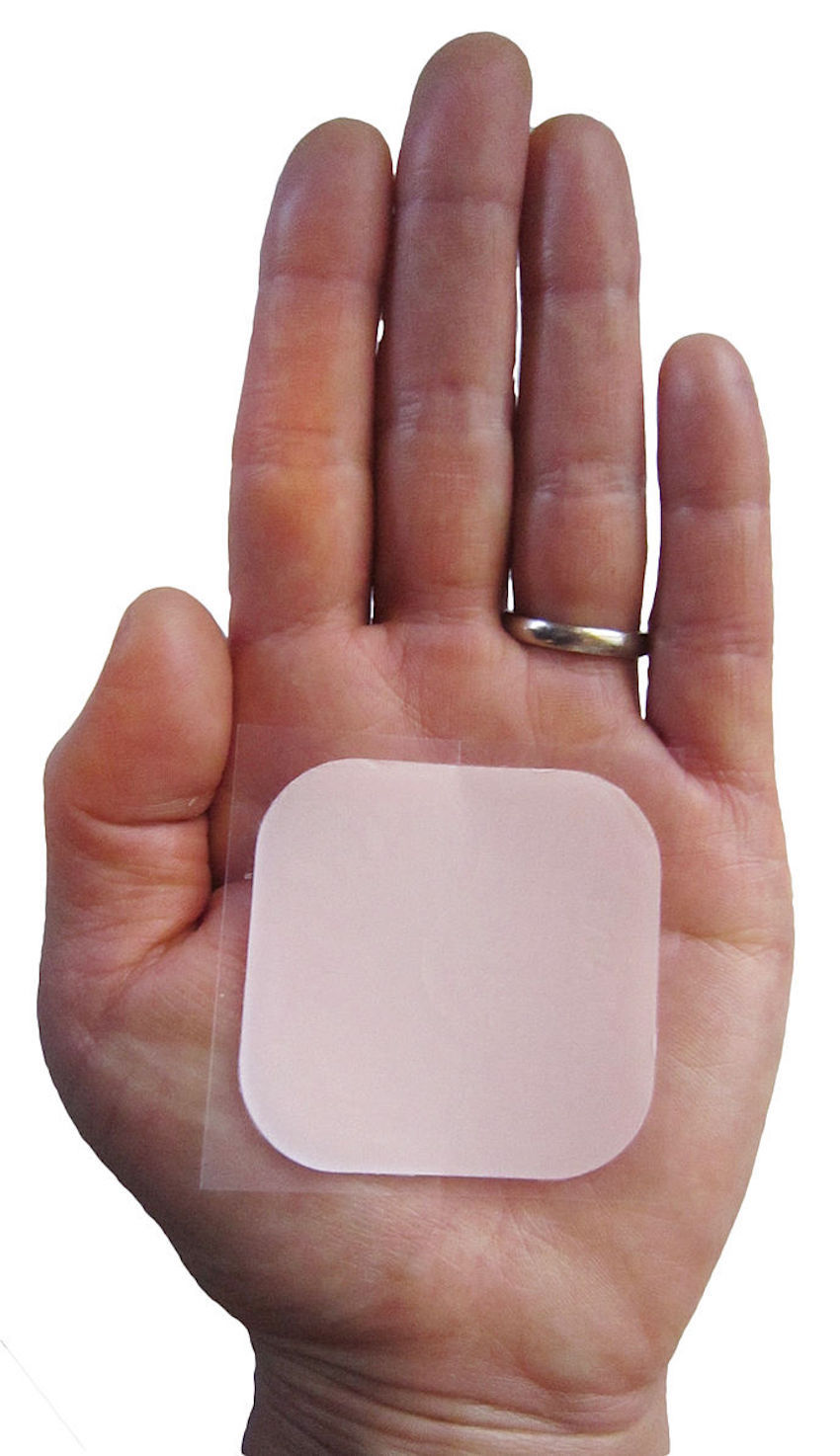
Birth control patches stick onto your skin and must be replaced every three weeks, with a week off between cycles.
Like the injection, it also emits hormones (progestin and estrogen), but it has a higher androgen index than birth control injections.
Side effects of the patch are similar to that of oral birth control. You may gain weight or experience changes in mood due to the influx of hormones in your system.
Vaginal Rings and IUDS
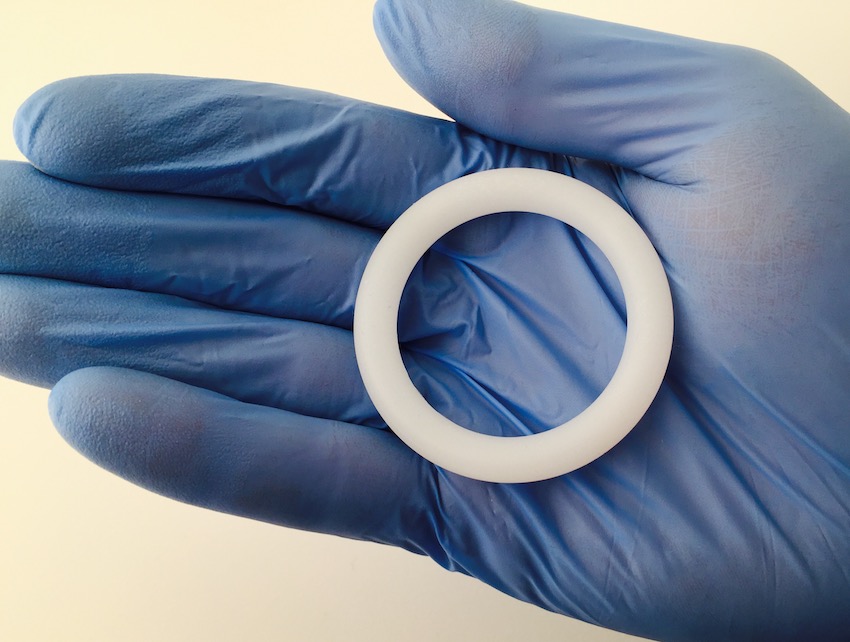
Vaginal rings and IUDs are devices that are inserted into your vagina and are designed to stop sperm from meeting the egg.
Because the hormones emitted by vaginal ring and hormonal IUDs go directly into the lining of the vagina, it has the highest androgen index of the alternative birth control methods.
This means that it has the highest potential to cause hormonal hair loss. However, it is a popular method, as once the device is inserted, you don't have to worry about maintaining it for several years.
Some IUDs, like the copper Paragard, also have no hormones at all, minimizing the risk.
If you switch from the pill to an inserted device, be aware, going off high doses of hormones can also trigger a major hair shed.
Talk To Your Doctor

It can be quite the journey trying to figure out which birth control method is right for you.
Always consult with your doctor about any side effects you may be experiencing from taking contraceptives.
Please SHARE this article to spread awareness about hormonal hair loss and birth control.




